Ranger professionals assist clients in obtaining and complying with all types of environmental permits, as well as the environmental planning for site construction. Ranger personnel are extremely knowledgeable and can assist with the following activities:
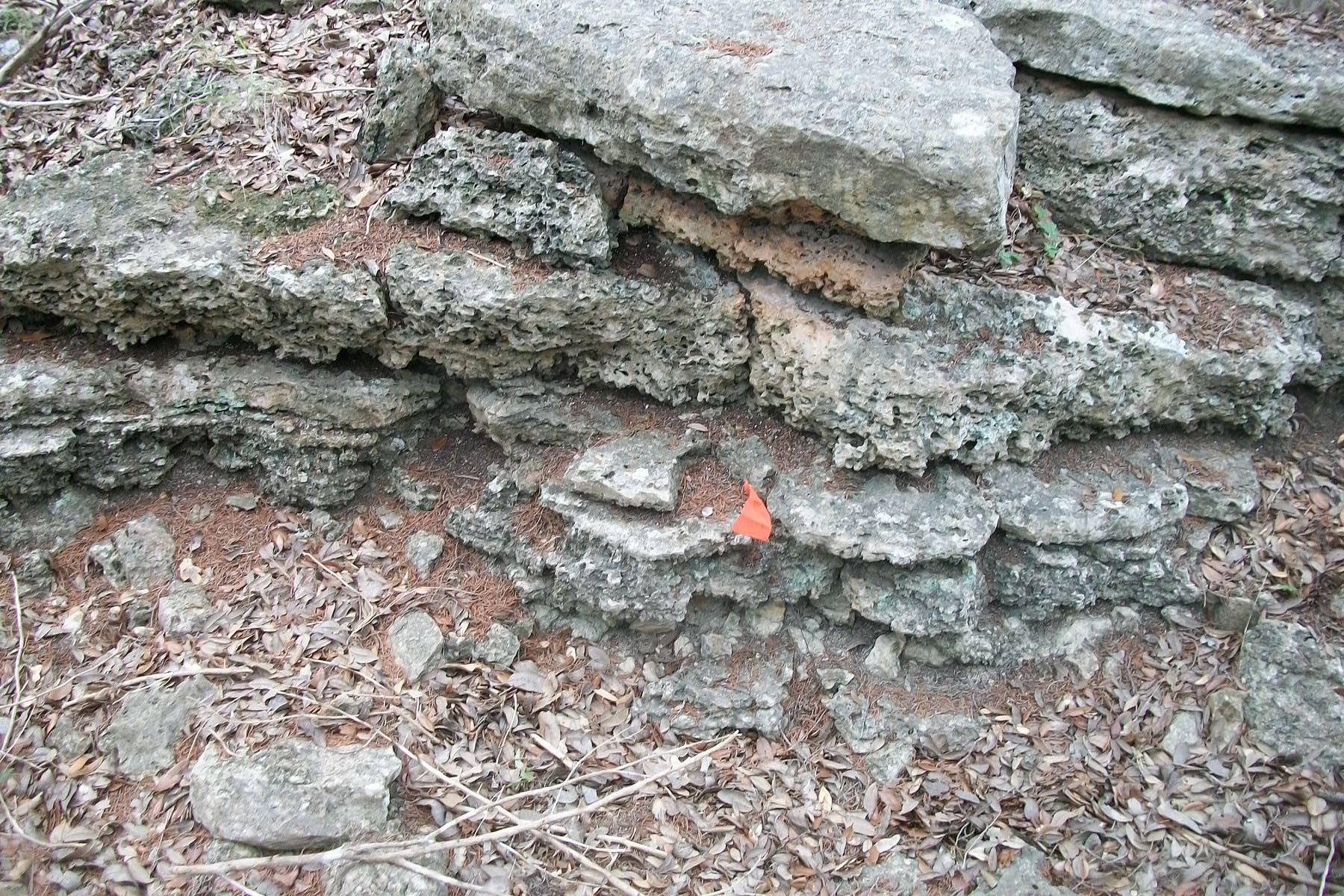 What is a Geologic Assessment?
What is a Geologic Assessment?
For properties located over the Recharge or Transition Zones of the Edwards Aquifer, a Geologic Assessment is required as a precondition to the approval of site construction activities. Geologic Assessments must be prepared by a State of Texas licensed Professional Geoscientist (Geologist). A Geologic Assessment includes the survey of a particular tract of land along with the mapping of contours and geologic features. Geologic Assessments are submitted to the Texas Commission on Environmental Quality (TCEQ) as an essential component of various Edwards Aquifer Protection Plans. Geologic Assessments are essential components of the overall site engineering plan.
What can Ranger do for you?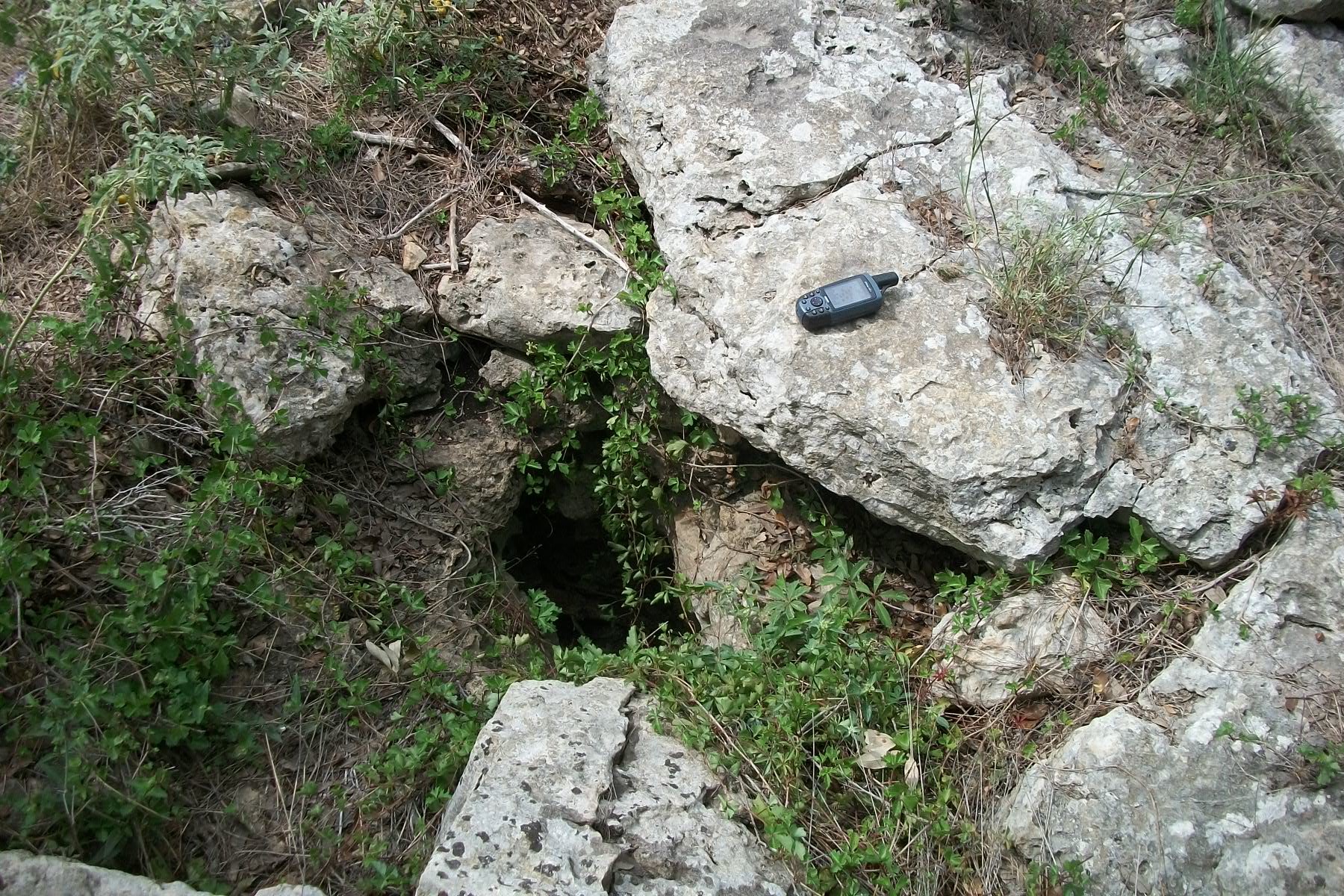
Ranger staff Geologists have performed numerous Geologic Assessments for commercial developers looking to develop parcels of land. Because Ranger is headquartered in Austin, Texas and the Recharge and Transition Zones of the Edwards Aquifer are in our backyard, Ranger staff Geologists are very familiar with its geologic formations. This intimate knowledge of the Edwards Aquifer allows Ranger to efficiently and cost effectively produce Geologic Assessments for our client base.
What is an Aboveground/Underground storage tank plan?
According to the TCEQ, if underground storage tanks (UST) or piping on either the recharge or the transition zone of the Edwards Aquifer are to be installed or replaced, then a UST facility plan is required.
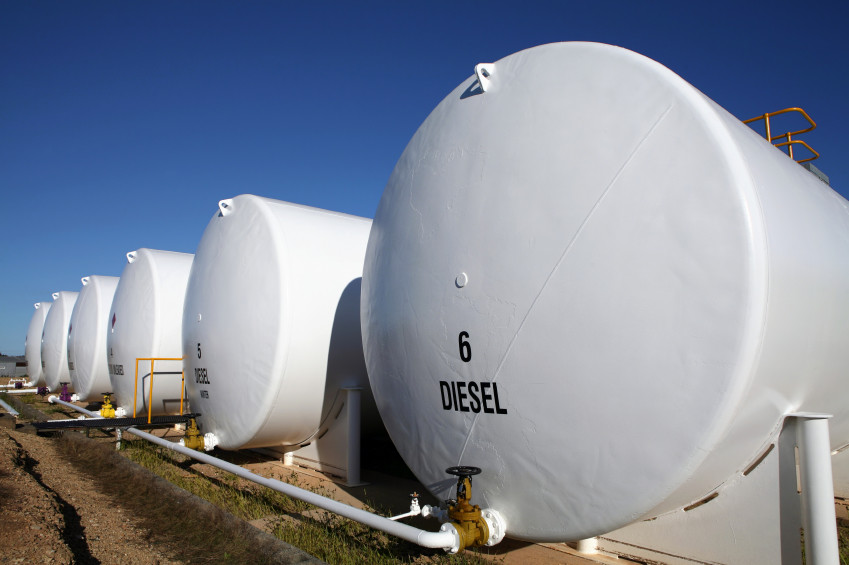 What can Ranger do for you?
What can Ranger do for you?
Ranger has completed numerous UST and AST facility plans for our clients in the retail fueling industry. Ranger geologists and engineers will assess each property and generate a plan of action to keep your facility in compliance with state and local regulations.
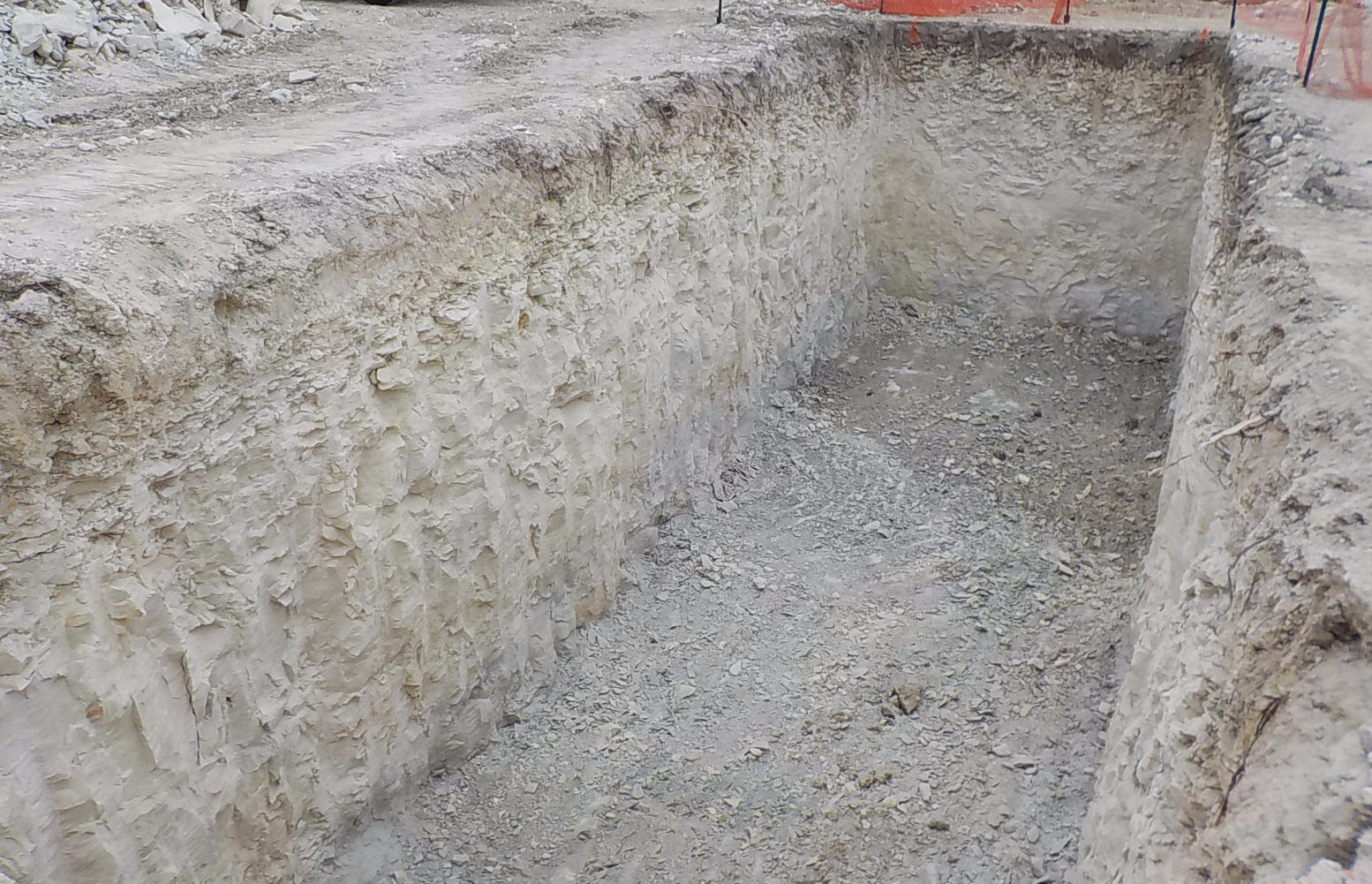 What is the Edwards Aquifer?
What is the Edwards Aquifer?
The Edwards Aquifer is one of Central Texas’ prized natural resources. The Edwards Aquifer covers approximately 4,350 square miles from Bell County to Kinney County. Many uses of the Aquifer include municipal, irrigation and recreational purposes, as well as providing a habitat to several species of native wildlife. San Antonio, Texas relies 100% on the Edwards Aquifer for its entire municipal water supply. Many central Texas natural springs receive water from the Edwards Aquifer. The importance of protecting the Edwards Aquifer is essential.
What can Ranger do for you?
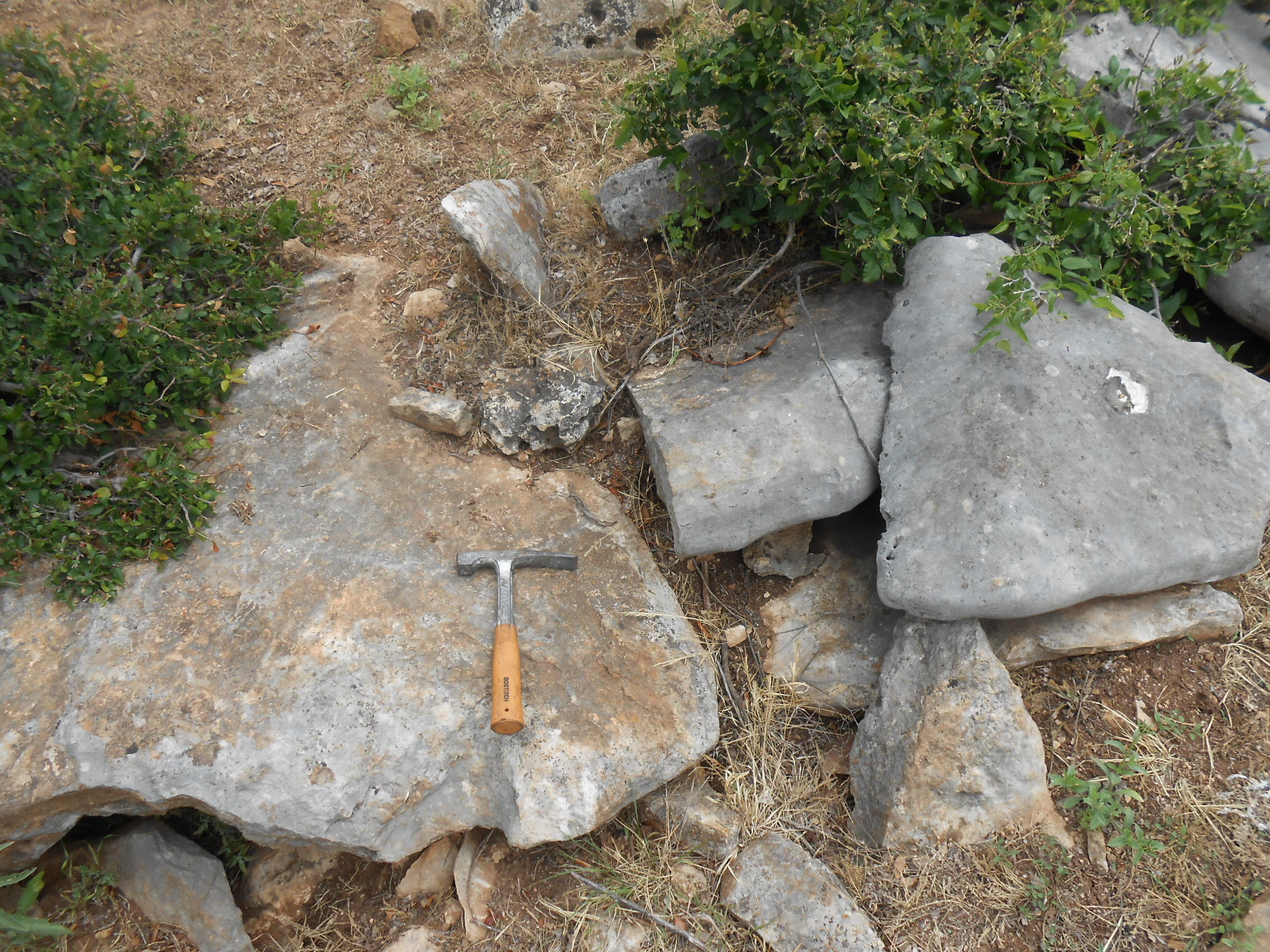 The rules designed to protect the Edwards Aquifer in Central Texas can be found in Title 30 Texas Administrative Code Chapter 213. These rules outline the potential threats to the aquifer as a result of various activities and the proper procedures and permits required specifically for eight counties.
The rules designed to protect the Edwards Aquifer in Central Texas can be found in Title 30 Texas Administrative Code Chapter 213. These rules outline the potential threats to the aquifer as a result of various activities and the proper procedures and permits required specifically for eight counties.
An Edwards Aquifer Protection Plan is required for certain regulated activities located over the Edwards Aquifer Recharge Zone.
Ranger has extensive knowledge and experience in preparing many Edwards Aquifer Protection Plans (EAPPs). Ranger has extensive experience preparing the following plans:
- Water Pollution Abatement Plan
- Organized Sewage Collection System Plan
- Underground Storage Tank Facility Plan
- Aboveground Storage Tank Facility Plan
- Modification of an Approved Plan
- Exception Request
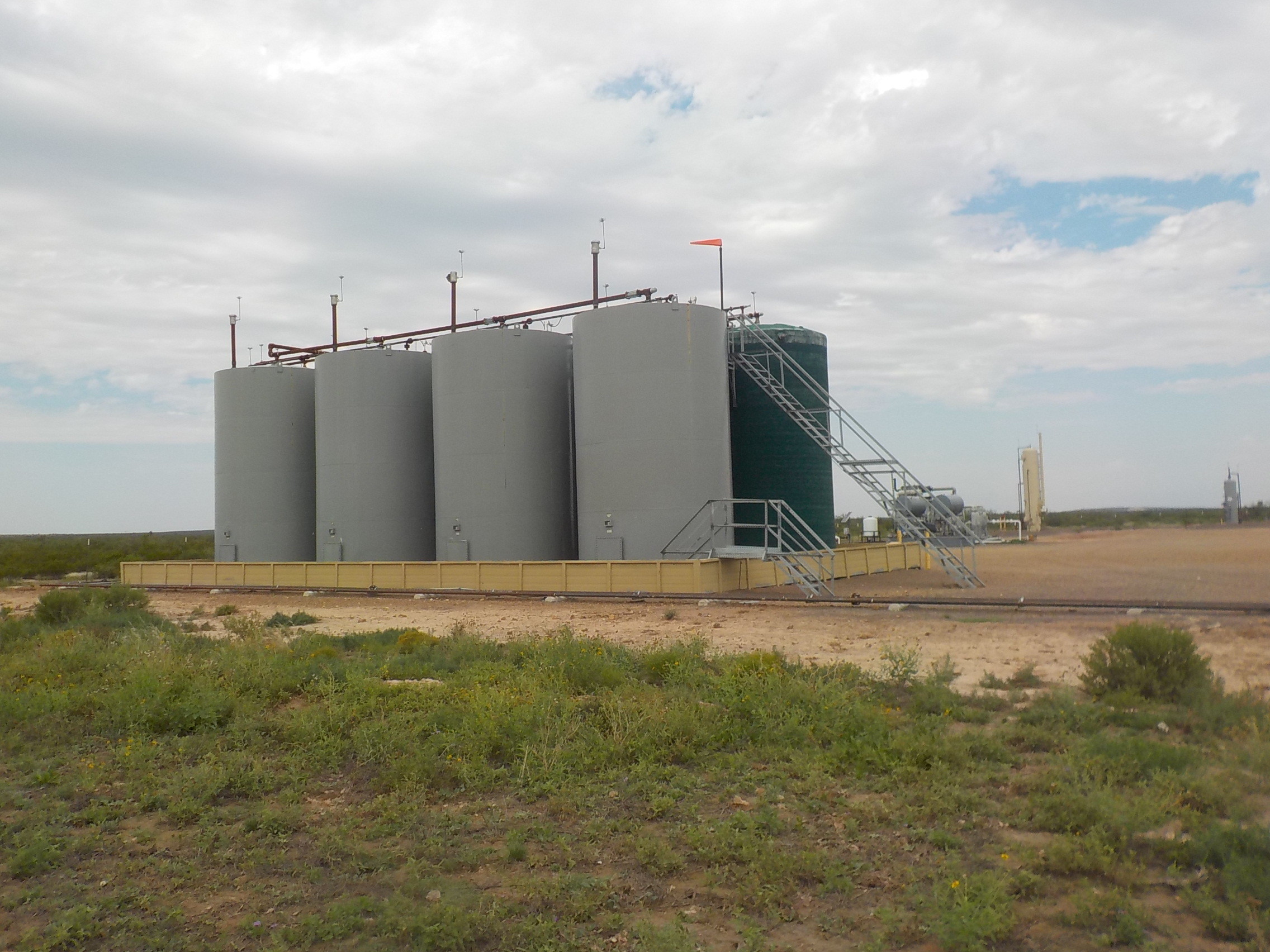 What is an SPCC plan?
What is an SPCC plan?
SPCC is short for Spill Prevention, Control, and Countermeasure. SPCC plans were implemented in 1973 by the Environmental Protection Agency (EPA) to prevent oil spills from reaching navigable waters. SPCC plans are required for facilities that meet the following criteria: it must be non-transportation-related; it must have an aggregate aboveground storage capacity greater than 1,320 gallons or a completely buried storage capacity greater than 42,000 gallons; and there must be a reasonable expectation of a discharge into or upon navigable waters of the United States or adjoining shorelines.
What can Ranger do for you?
Ranger has generated SPCC plans nationwide for a variety of clients and businesses. If you are an oil and gas company or a small oil/lube center, Ranger will design our SPCC plans to fit your needs. On June 19, 2009, the EPA published in the Federal Register a SPCC compliance date extension for all facilities until November 10, 2010. Facilities must amend or prepare, and implement SPCC Plans by the compliance date in accordance with revisions to the SPCC rule promulgated since 2002. If your facility needs an SPCC Plan, Ranger can help your business comply with all EPA rules and regulations.
 What is Regulatory Negotiation?
What is Regulatory Negotiation?
Regulatory negotiations are a common occurrence in most environmental projects. These can involve communications, discussions and/or meetings with regulatory personnel of various federal, state and local government agencies. These types of negotiations may be formal or informal but are generally intended to resolve environmental issues of concern with the regulatory agencies in a practical, cost-effective manner that is protective of human health and the environment.
What can Ranger do for you?
Ranger can assist you in negotiating investigation and corrective action requirements, enforcement orders, permits and other environmental related matters. Ranger has extensive experience in these types of negotiations, both as environmental consultants and as former employees of environmental agencies.
What is Water Quality Permitting and Planning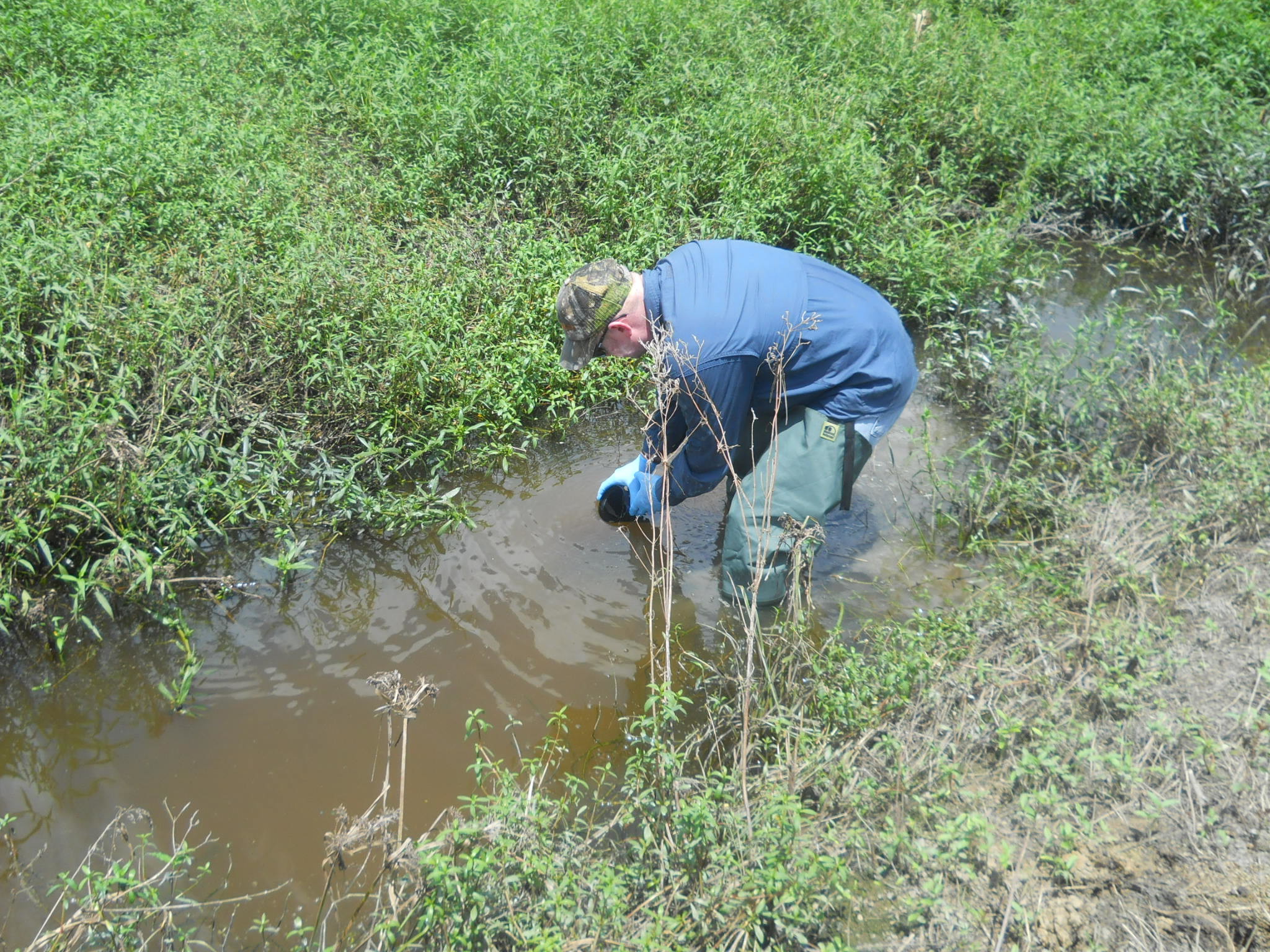
The Clean Water Act (CWA) establishes the guidelines for regulating discharges of pollutants into the waters of the United States and regulating quality standards for surface waters. This is achieved through many programs. A few of these programs are outlined in Section 401 (Certification), Section 402 (National Pollution Discharge Elimination System) and Section 404 (Regulate the discharge of dredged or fill material into “waters of the United States”).
How Can Ranger Help?
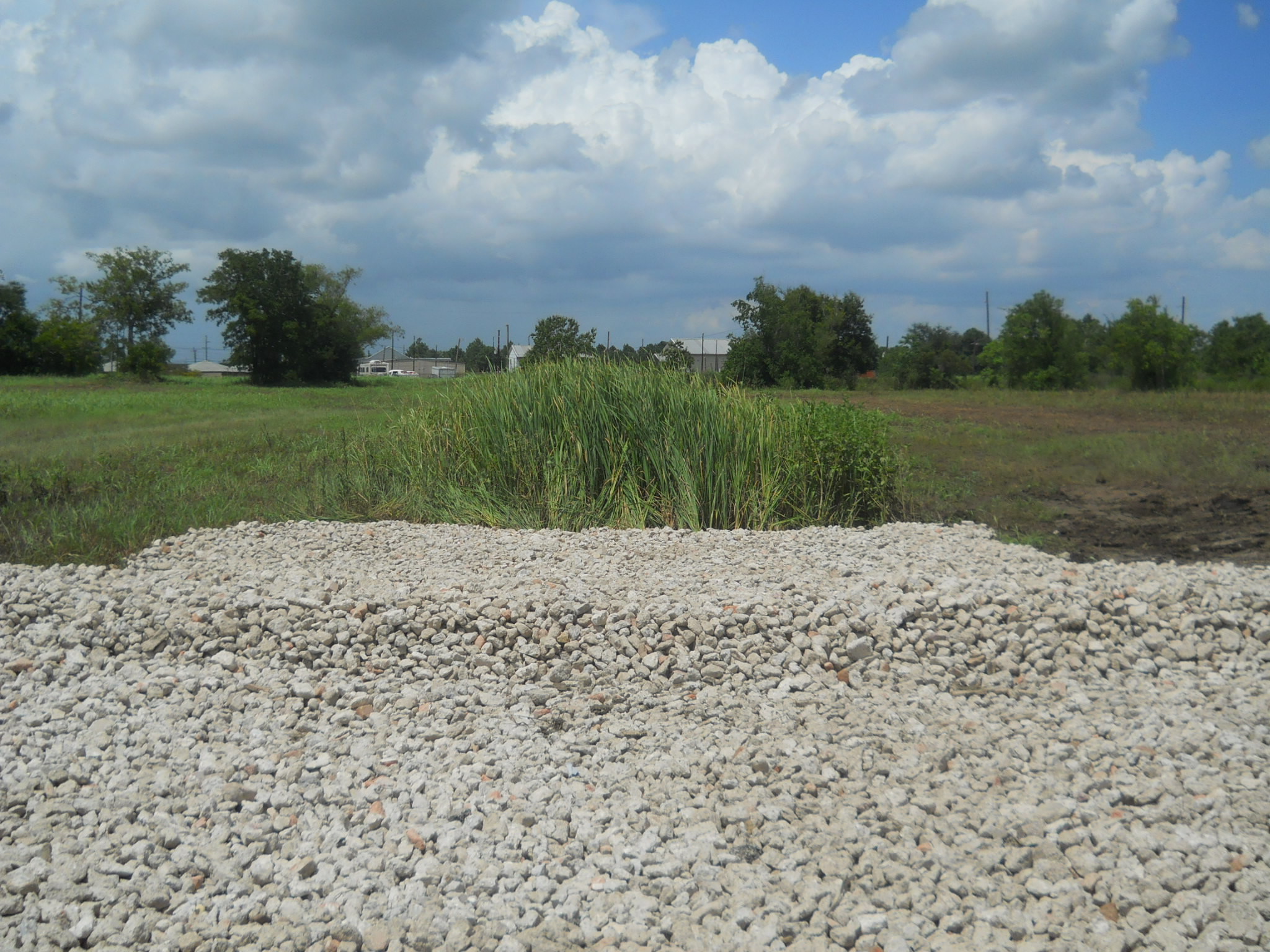 Ranger’s staff of professionals can assist with all water quality and permitting requirements. Our staff routinely provide full wetland determination and delineation services. Additionally, our certified stormwater professionals provide both federal and state stormwater management in accordance with the NPDES and state pollution programs.
Ranger’s staff of professionals can assist with all water quality and permitting requirements. Our staff routinely provide full wetland determination and delineation services. Additionally, our certified stormwater professionals provide both federal and state stormwater management in accordance with the NPDES and state pollution programs.
What is an Environmental Resource Inventory (ERI) Report?
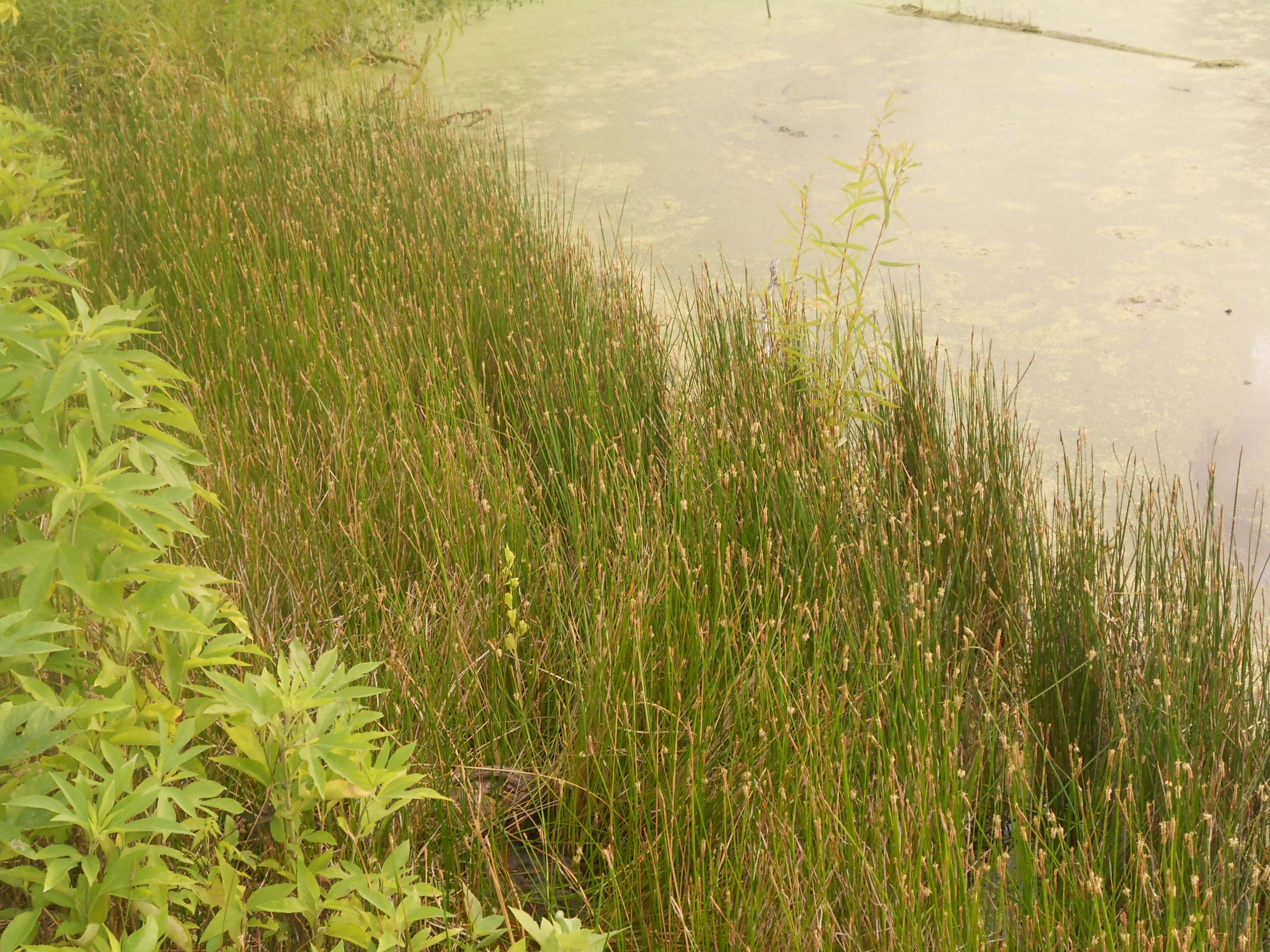 In accordance with the current City of Austin Land Development Code (LDC), section 25-8-121, an Environmental Assessment must be completed for proposed development located: over a karst aquifer, within an area draining to a karst aquifer or reservoir, in a water quality transition zone (WQTZ), in a critical water quality zone (CWQZ), in a floodplain, or on a tract with a gradient of more than 15 percent within the City of Austin or the ETJ. If the development is in one of these previously stated areas, an Environmental Resource Inventory Report must be performed in which all Critical Environmental Features (CEFs) are identified and protection measures for those features are proposed. The ERI must also identify and assess elements of hydrogeology, vegetation, and utilities.
In accordance with the current City of Austin Land Development Code (LDC), section 25-8-121, an Environmental Assessment must be completed for proposed development located: over a karst aquifer, within an area draining to a karst aquifer or reservoir, in a water quality transition zone (WQTZ), in a critical water quality zone (CWQZ), in a floodplain, or on a tract with a gradient of more than 15 percent within the City of Austin or the ETJ. If the development is in one of these previously stated areas, an Environmental Resource Inventory Report must be performed in which all Critical Environmental Features (CEFs) are identified and protection measures for those features are proposed. The ERI must also identify and assess elements of hydrogeology, vegetation, and utilities.
What can Ranger do for you?
Because Ranger is headquartered in Austin, TX, staff Geologists and Professional Wetland Scientists are familiar with the local Austin geology, vegetation, and CEFs. This familiarity allows Ranger to efficiently and cost effectively produce ERIs for our client base.
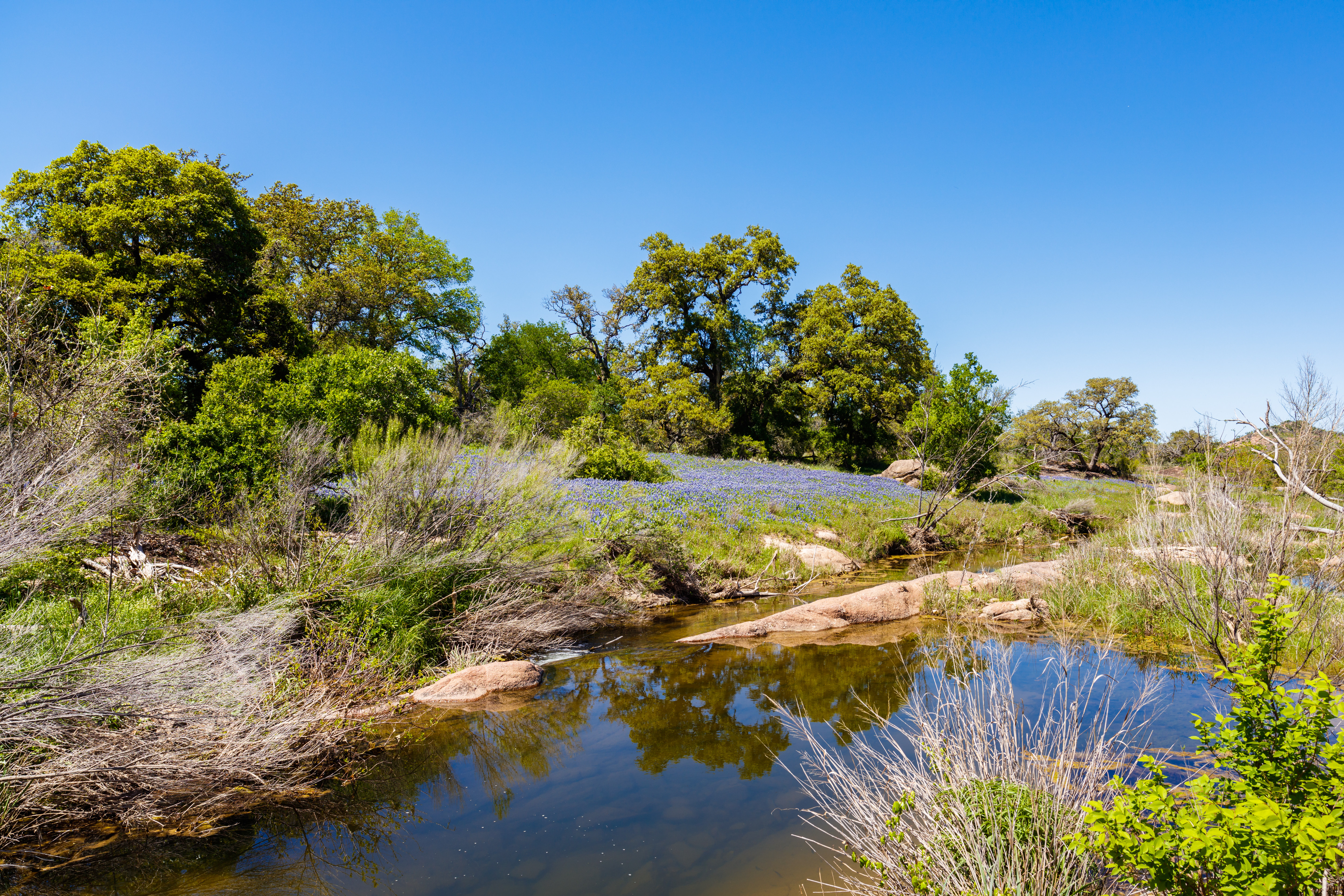 Pursuant to the City of Georgetown Ordinance No. 2013-59, proposed site development over the Edwards Aquifer Recharge Zone located within the city limits of Georgetown, Texas and its ETJ are subject to perform an investigation in order to provide adequate water quality controls. The City of Georgetown Water Quality Ordinance investigation must be completed by a State of Texas licensed Geoscientist.
Pursuant to the City of Georgetown Ordinance No. 2013-59, proposed site development over the Edwards Aquifer Recharge Zone located within the city limits of Georgetown, Texas and its ETJ are subject to perform an investigation in order to provide adequate water quality controls. The City of Georgetown Water Quality Ordinance investigation must be completed by a State of Texas licensed Geoscientist.
What can Ranger do for you?
Because Ranger is headquartered in Austin, TX, staff Geologists, biologists, and Professional Wetland Scientists are familiar with the local area geology and ecology.
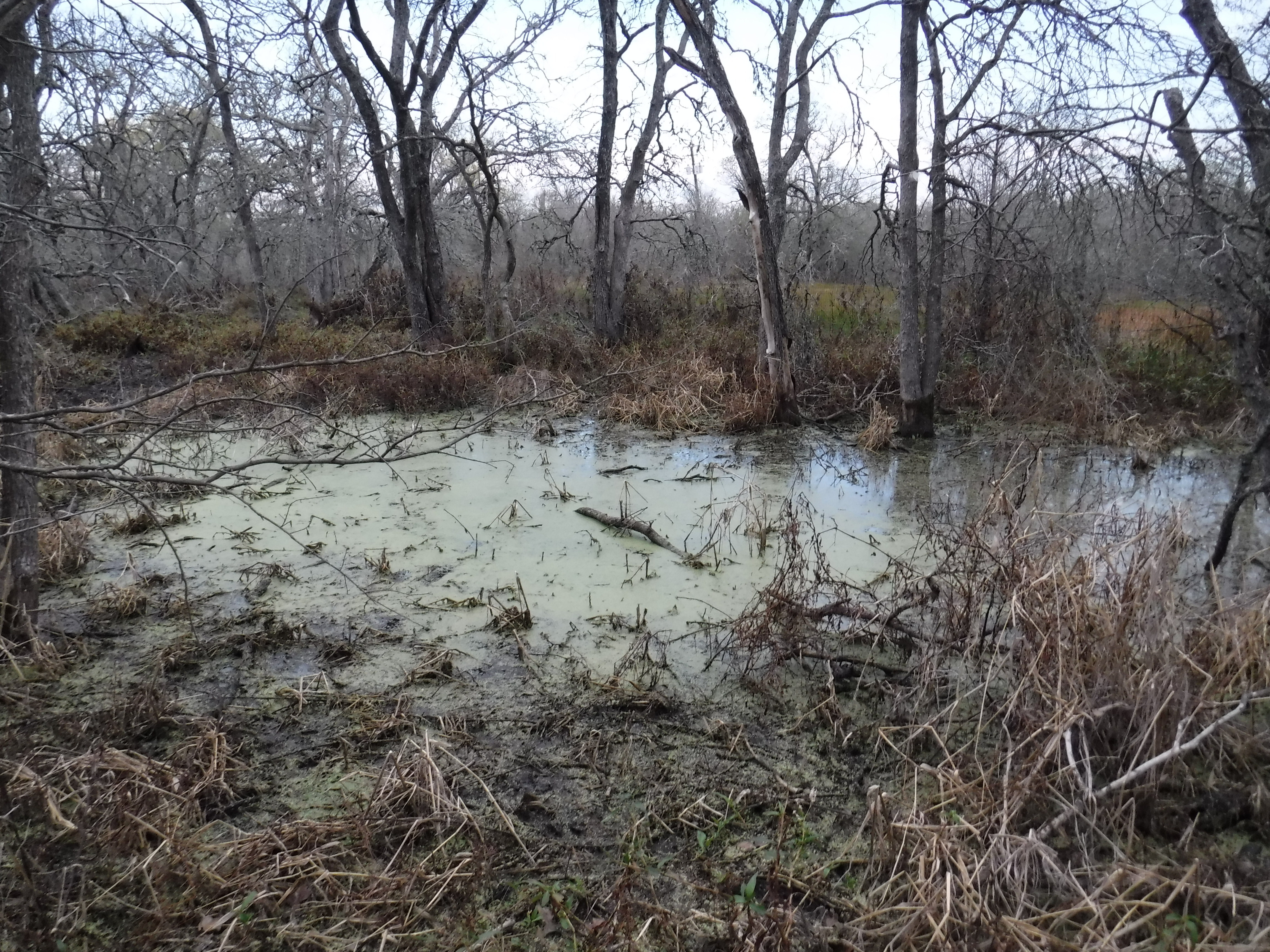 In recent years, Waters of the US, more specifically, wetlands, have drawn a lot of attention and become complicated. According to the definition of wetlands as used by the US EPA and USACE, "Wetlands are areas that are inundated or saturated by surface or ground water at a frequency and duration sufficient to support, and that under normal circumstances do support, a prevalence of vegetation typically adapted for life in saturated soil conditions. Wetlands generally include swamps, marshes, bogs, and similar areas."
In recent years, Waters of the US, more specifically, wetlands, have drawn a lot of attention and become complicated. According to the definition of wetlands as used by the US EPA and USACE, "Wetlands are areas that are inundated or saturated by surface or ground water at a frequency and duration sufficient to support, and that under normal circumstances do support, a prevalence of vegetation typically adapted for life in saturated soil conditions. Wetlands generally include swamps, marshes, bogs, and similar areas."
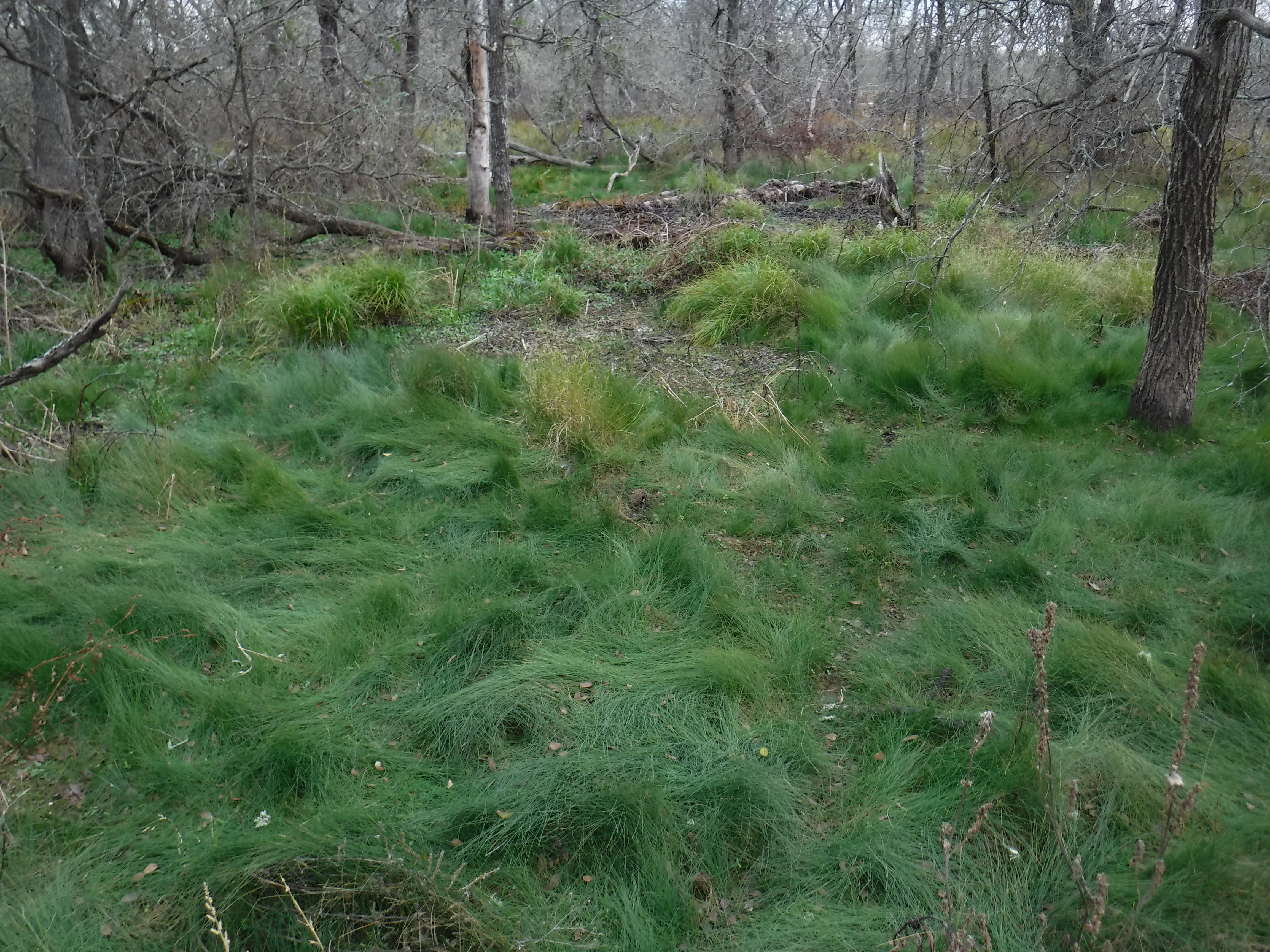
With Professional Wetland Scientists (PWS) and Certified Wetland Botanists specializing in the Atlantic & Gulf Coast and Great Plains Regions, the staff at Ranger can help with projects needing a wetland determination, wetland delineation, and/or required regulatory permits.
